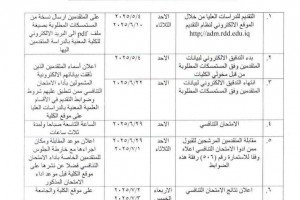
Media of the College of Agriculture
A Ph.D. thesis at the College of Agriculture, University of Basrah discusses the effect of some growth regulators, putrescine, and salicylic acid on the micropropagation of two cultivars of tulip plants growing under salt stress conditions. The results showed that the Arma cultivar was significantly superior to the Flaming flag cultivar by recording the highest percentage of survival of 77.67%, and the highest percentage of response to the shoot multiplication.
The thesis aims to produce tulip plants in large numbers identical to the mother plant and free from viruses, and to produce tulip bulbs free from viruses and pathogens, and to produce plants that are tolerant to salt stress. The study concluded that the best combination of the surface sterilization of the tulip explants that consisting of mercury chloride and topsin-M. The study recommended testing other tulip explants for micropropagation and study the effect of other amino acids via in vitro culture technique.







